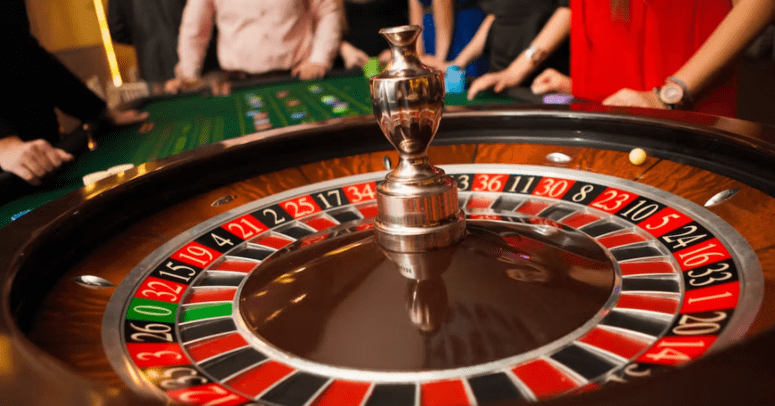When you bet on a particular number at the roulette wheel, you have a chance of winning. The odds of winning are based on the probability of each spin and the number coming up. In addition, the payout is calculated based on the probability of the type of bet you’ve placed. However, many players are under the false assumption that the odds of a certain number come up more often than others, and this is not true. This is known as the gamblers fallacy.
The most popular form of roulette uses a European wheel with 37 pockets, including the green 0 and 00 pockets. Odd and even bets cover half of the wheel, with odd numbers being red and even numbers being black. Outside bets offer the highest chances of a win, but also have a smaller payout than other bets. This is because the probability of a bet being won is lower than that of a number hitting.
It is important to understand how probability works when betting on a roulette wheel. This will allow you to make smarter decisions when placing your bets. A basic understanding of the concept will help you avoid common mistakes made by beginners. In this article, we will discuss the probability of each number on a roulette wheel and how it can be used to make better bets.
Roulette is a game of chance, but a lot of people try to make it a science by studying patterns and trends. They think that if a particular number has been appearing more frequently, it is due to a system of patterns. This is not the case, and the fact that a particular number comes up more frequently than other ones is purely down to luck.
Probability in gambling is a complicated concept, but it’s essential to understand if you want to maximise your winnings. The odds of a number on the roulette wheel are determined by the probability of its landing in one of the 36 possible outcomes. Each bet has its own probability, which can be found by multiplying the number of different outcomes by the probability of the bet landing in each outcome.
As with other gambling devices, a roulette wheel will contain small biases that can be exploited by intelligent players. In the late 1800s, an English engineer named William Jaggers took dramatic advantage of these imperfections. He paid six assistants to spend every day for a month observing the wheels at Monte Carlo, and found that some numbers appeared slightly more often than others. Jaggers was able to use this information to bet heavily on these numbers and quickly won large amounts of money. Casinos now routinely rotate their roulette wheels nightly to prevent these types of bets.
The best way to win at roulette is by making careful bets and sticking to your betting budget. Don’t be tempted to dip into your winnings for future bets, as this will only increase your chances of losing. It’s also a good idea to keep an eye on the dealer and other players to see if they have any habits that can be exploited.
